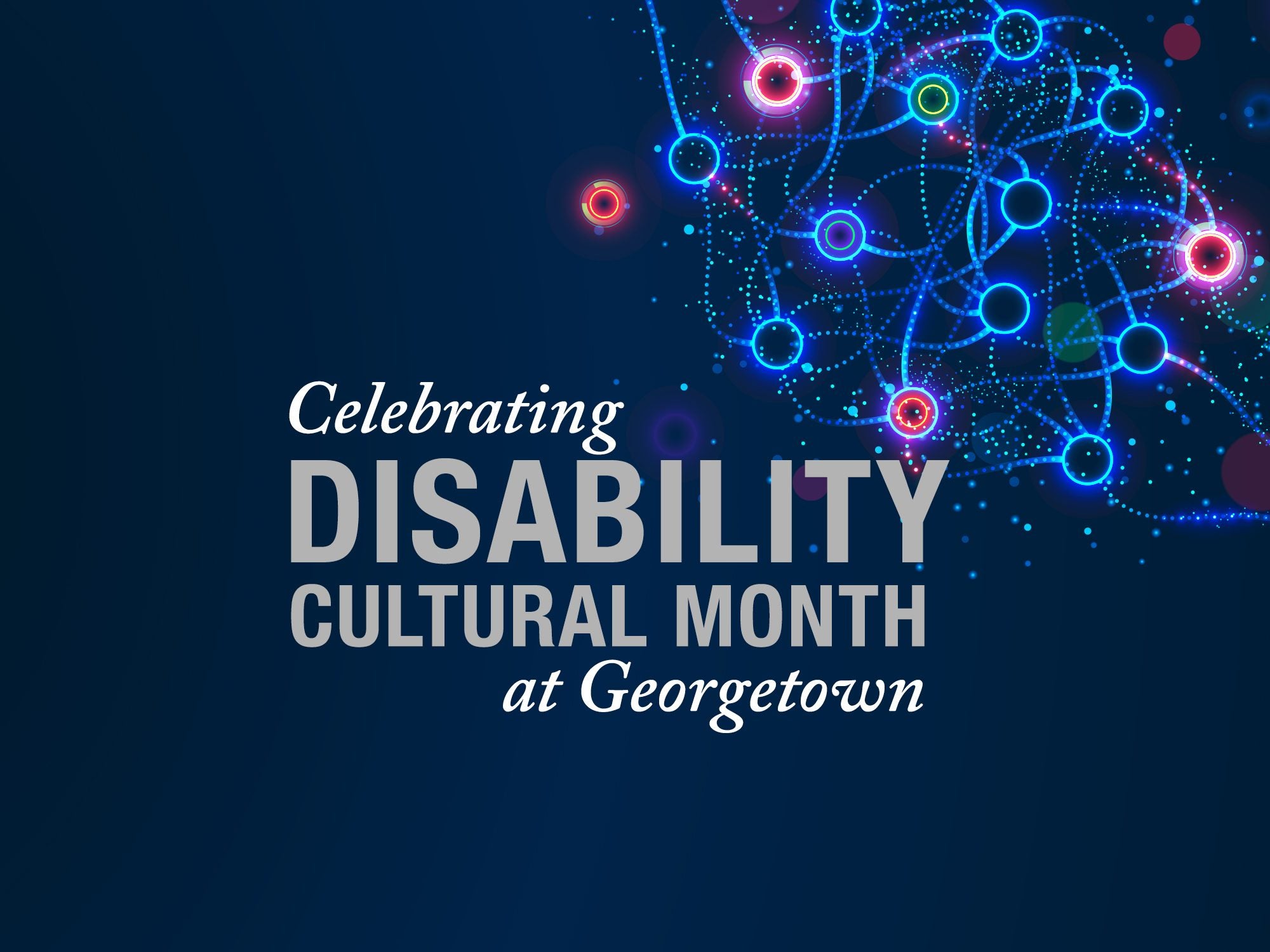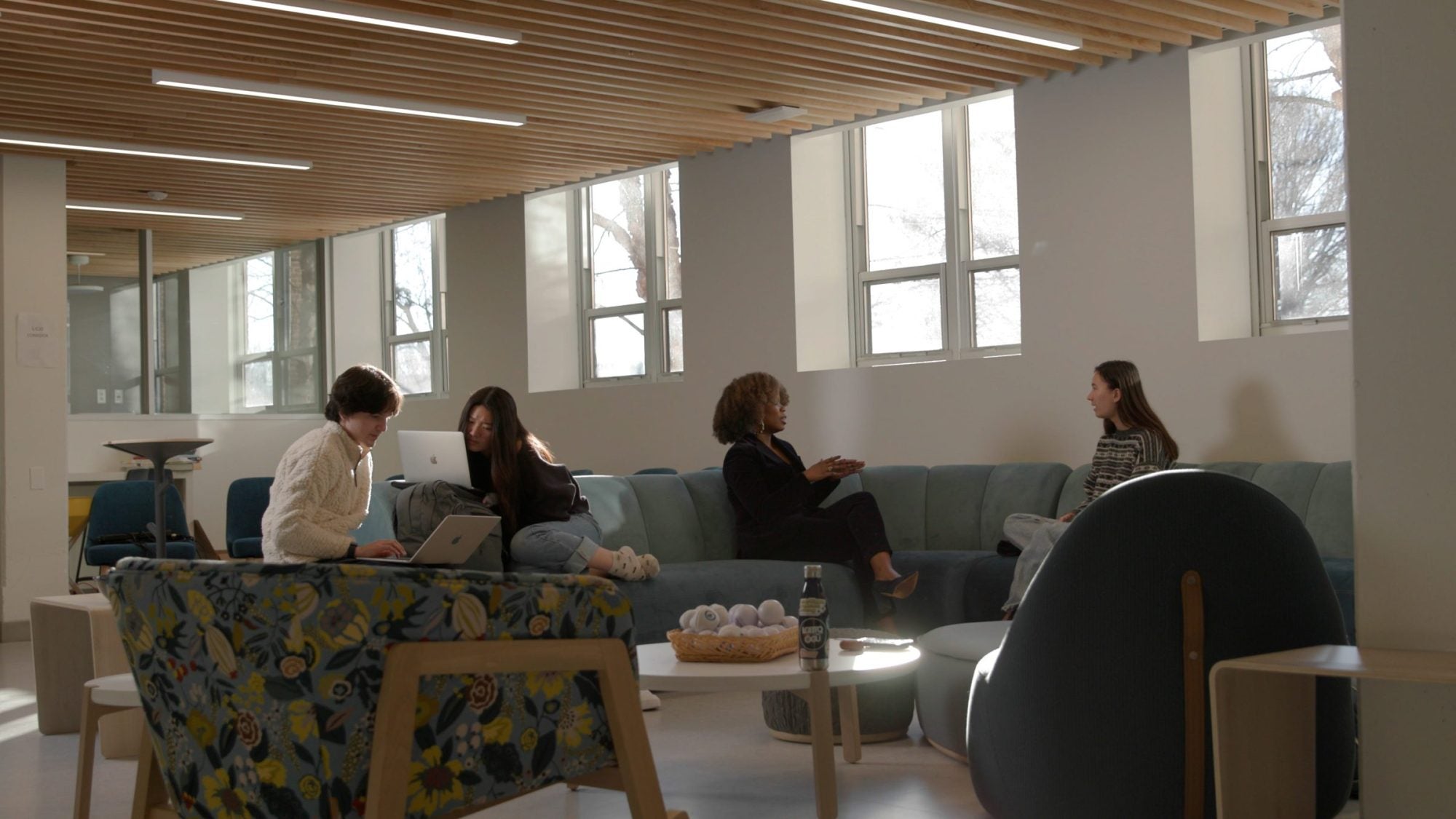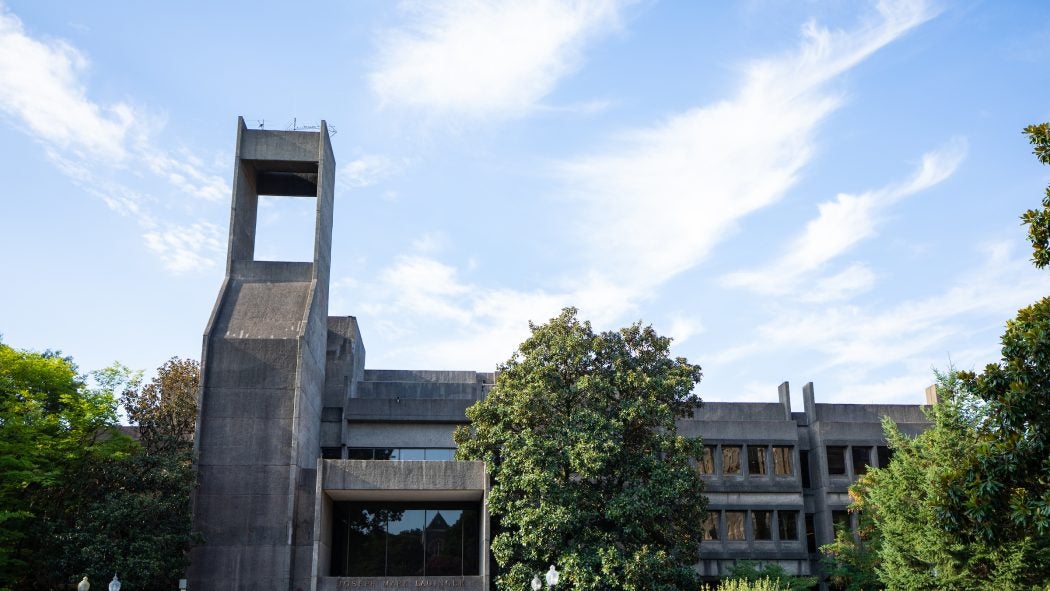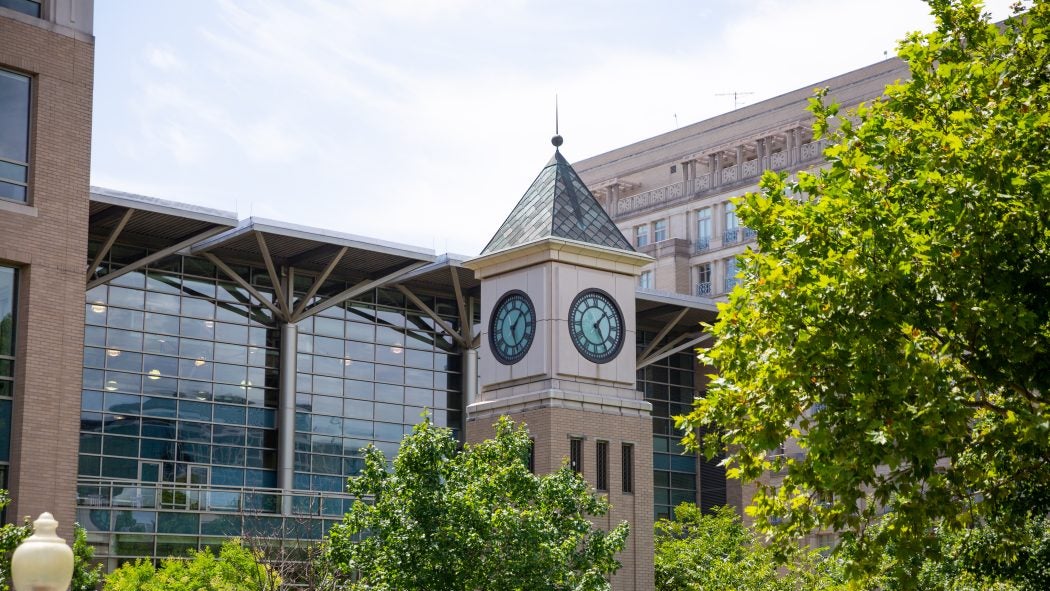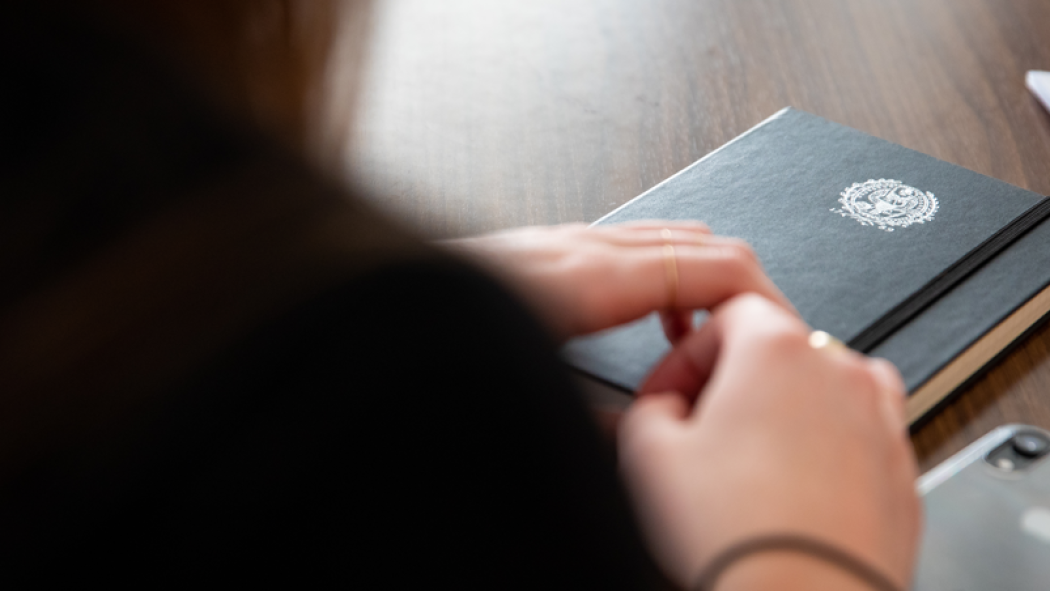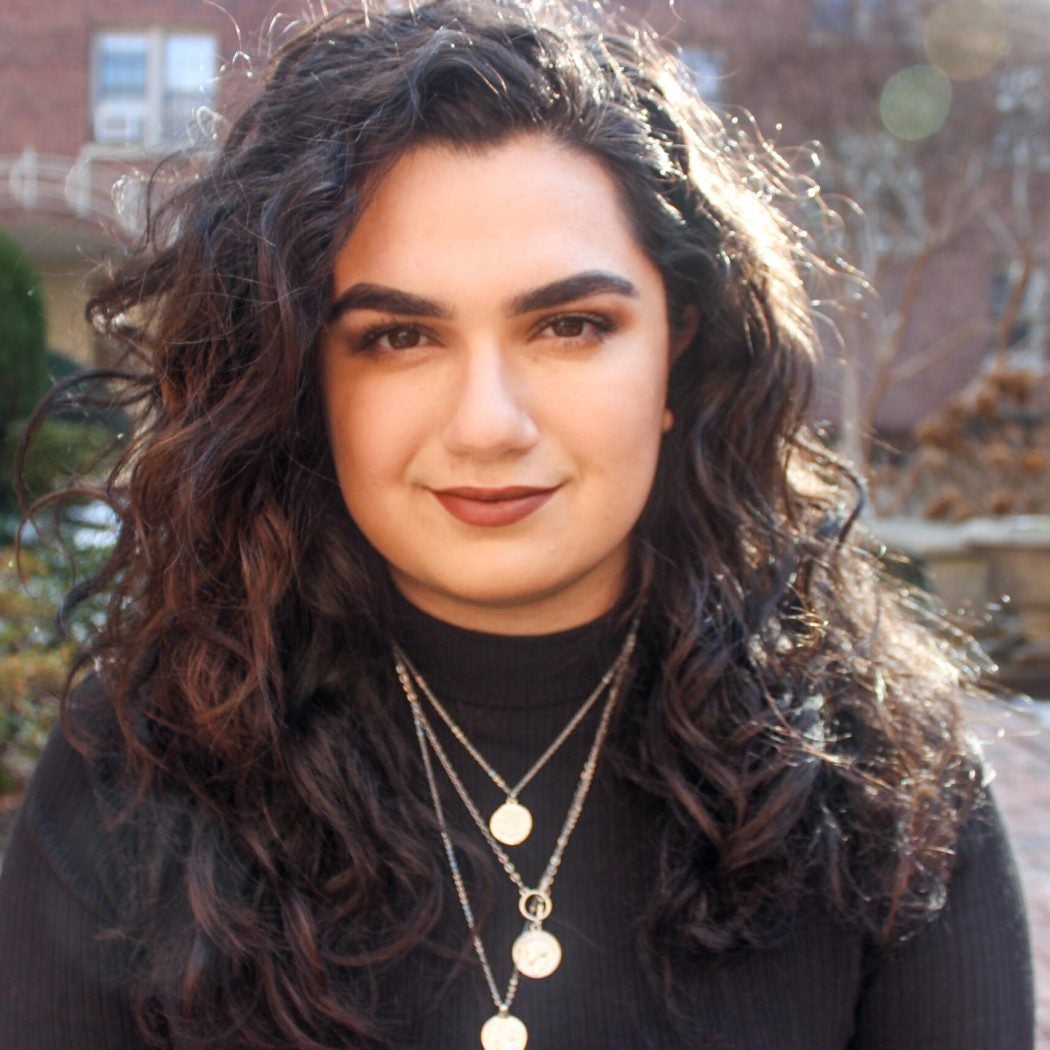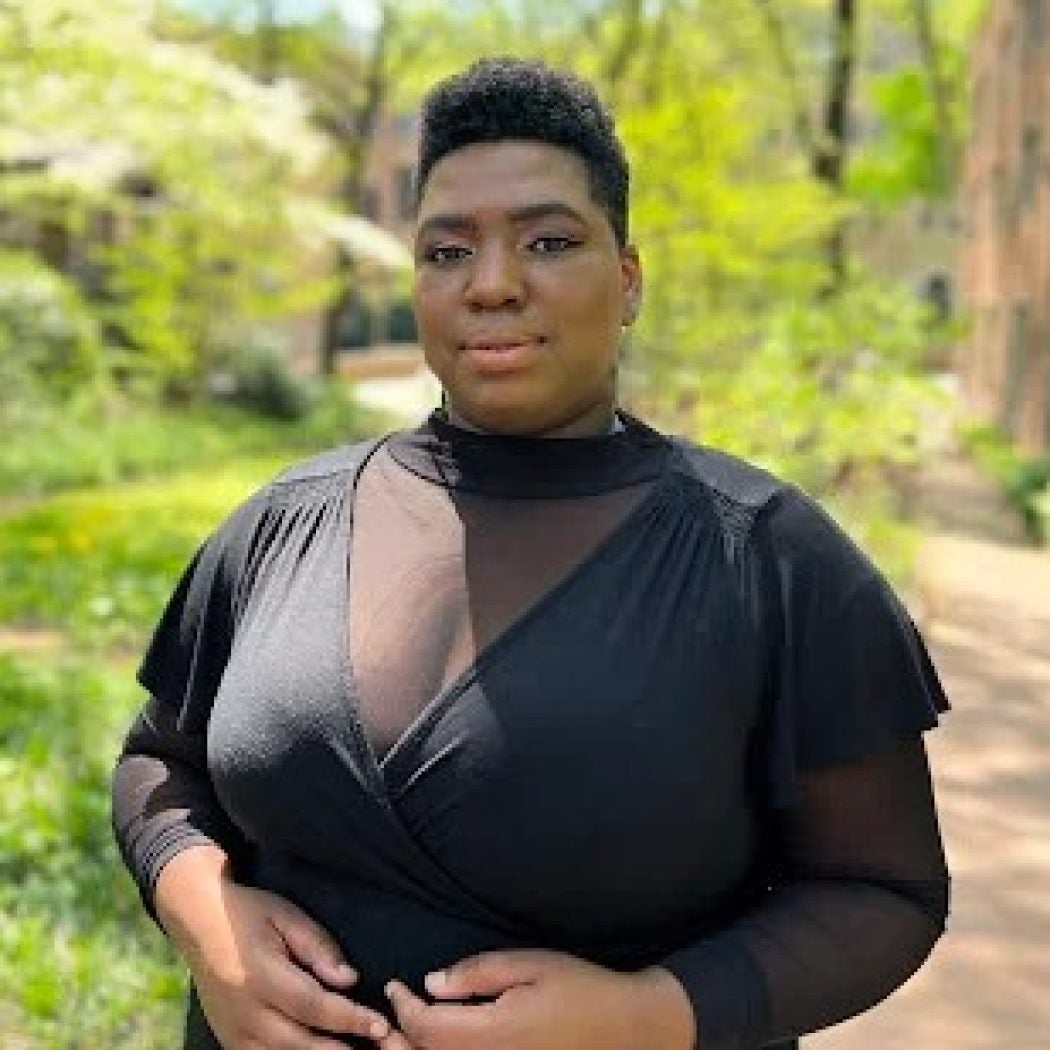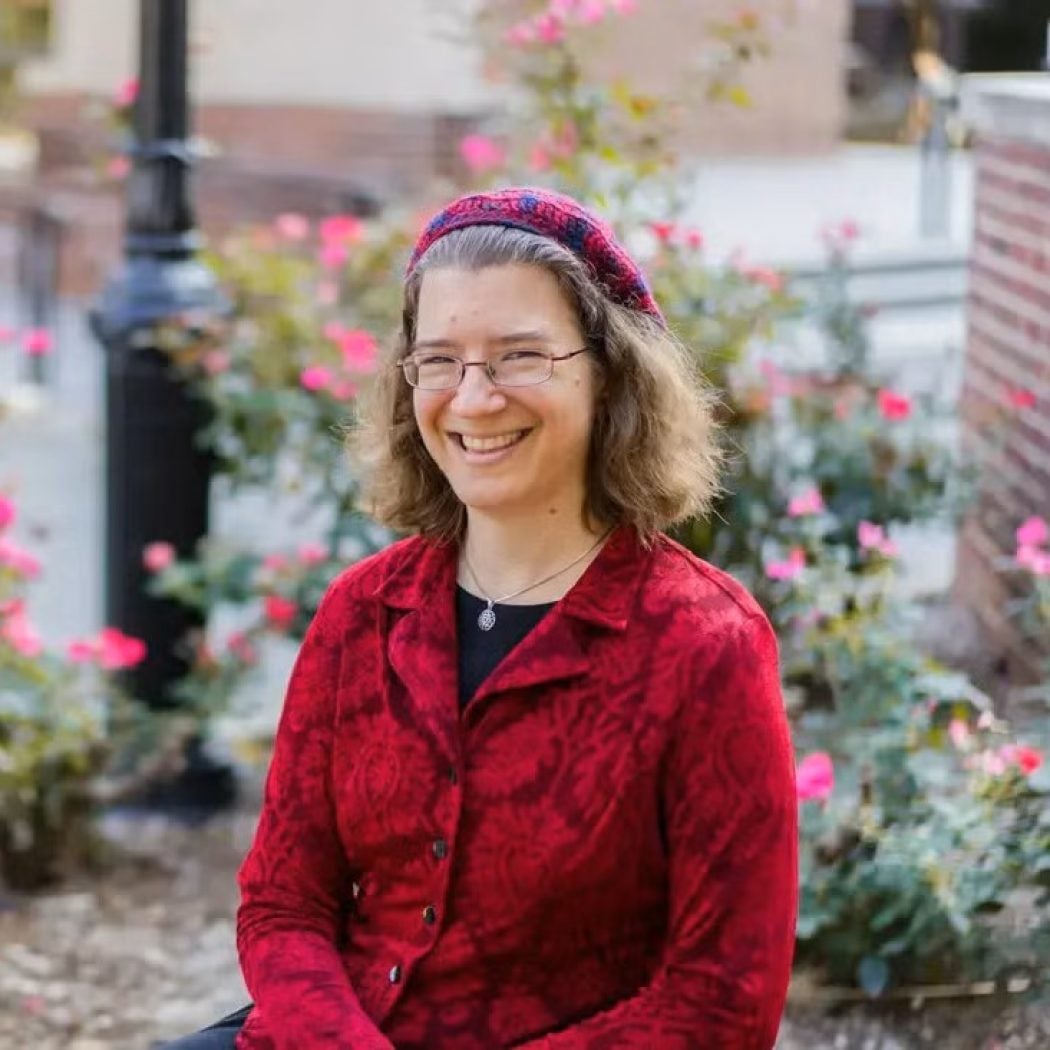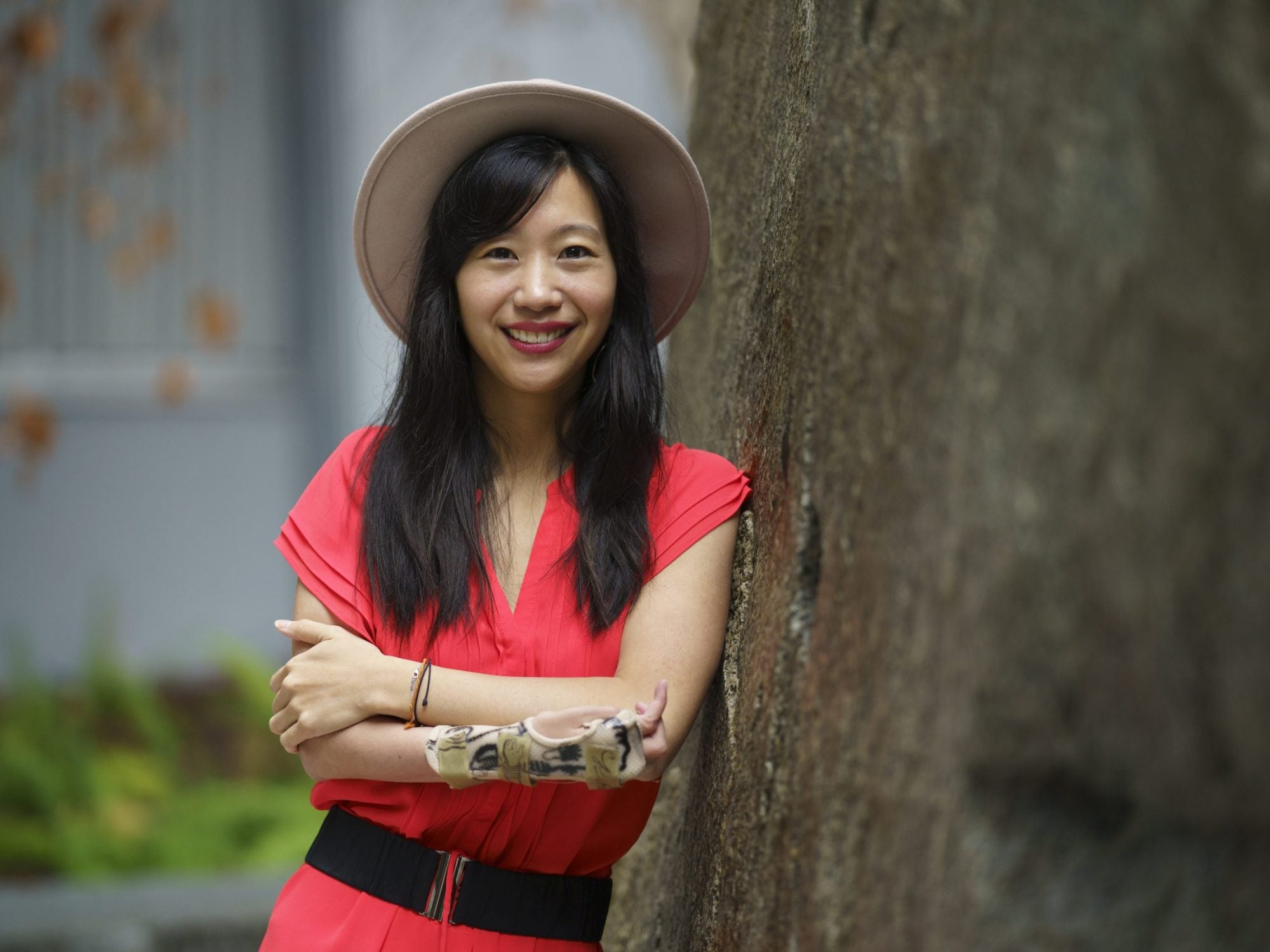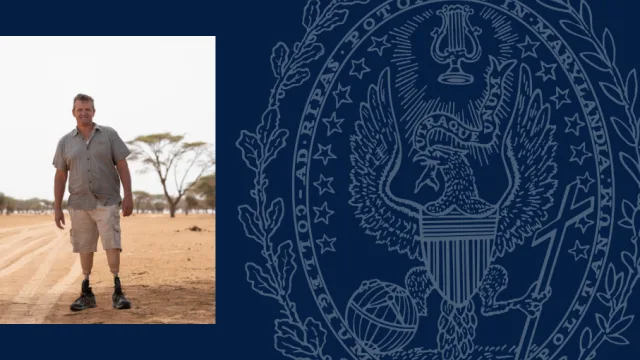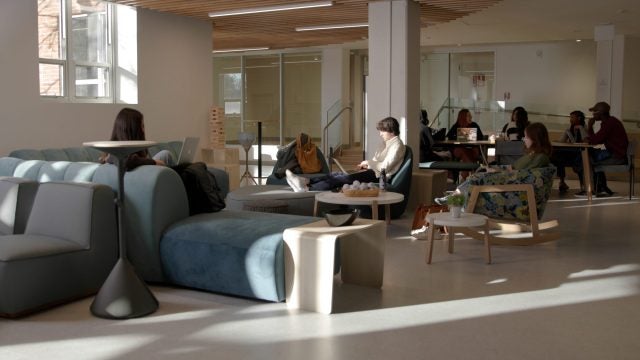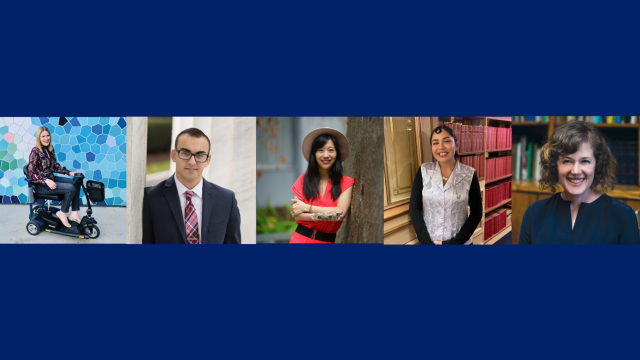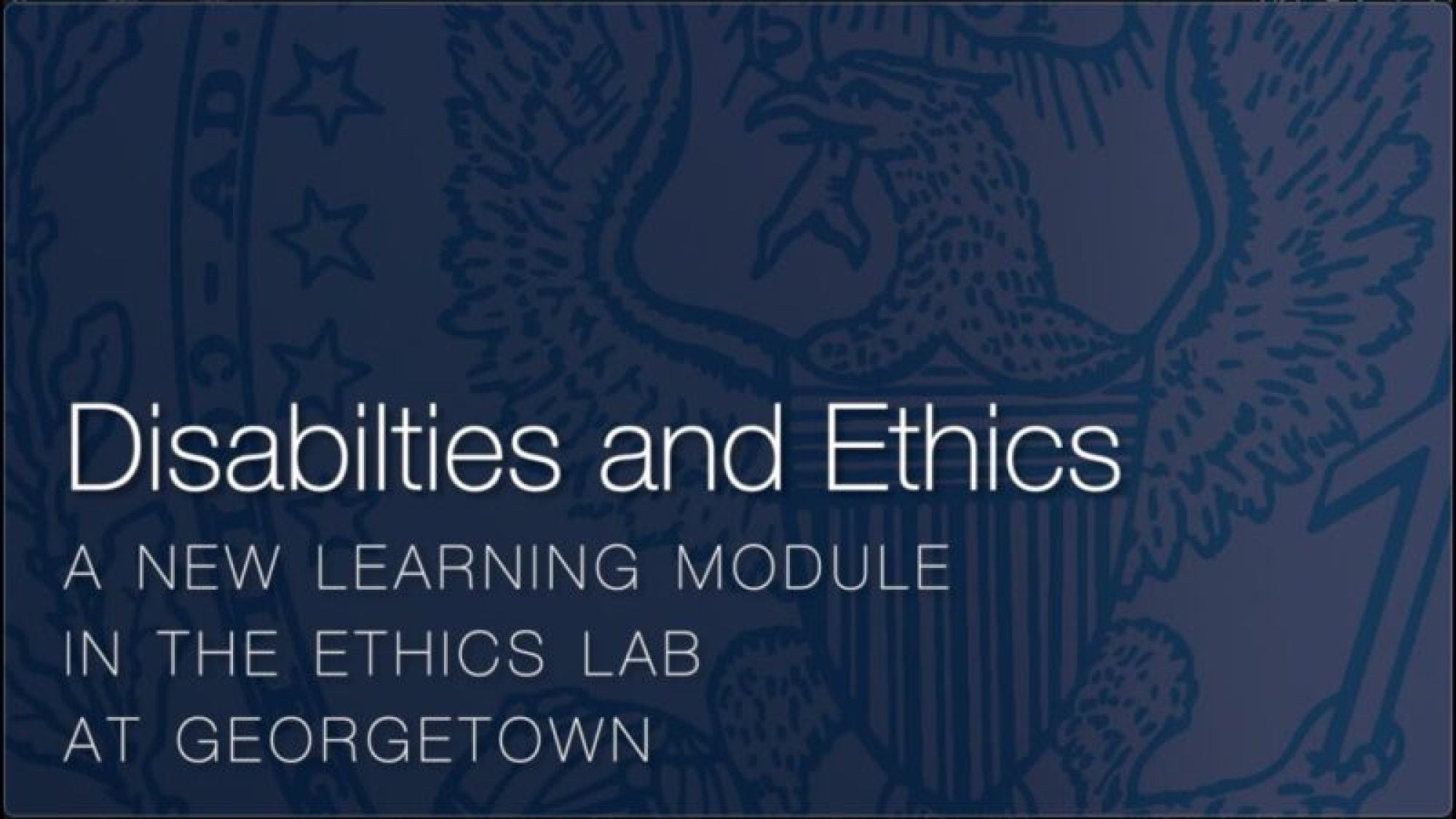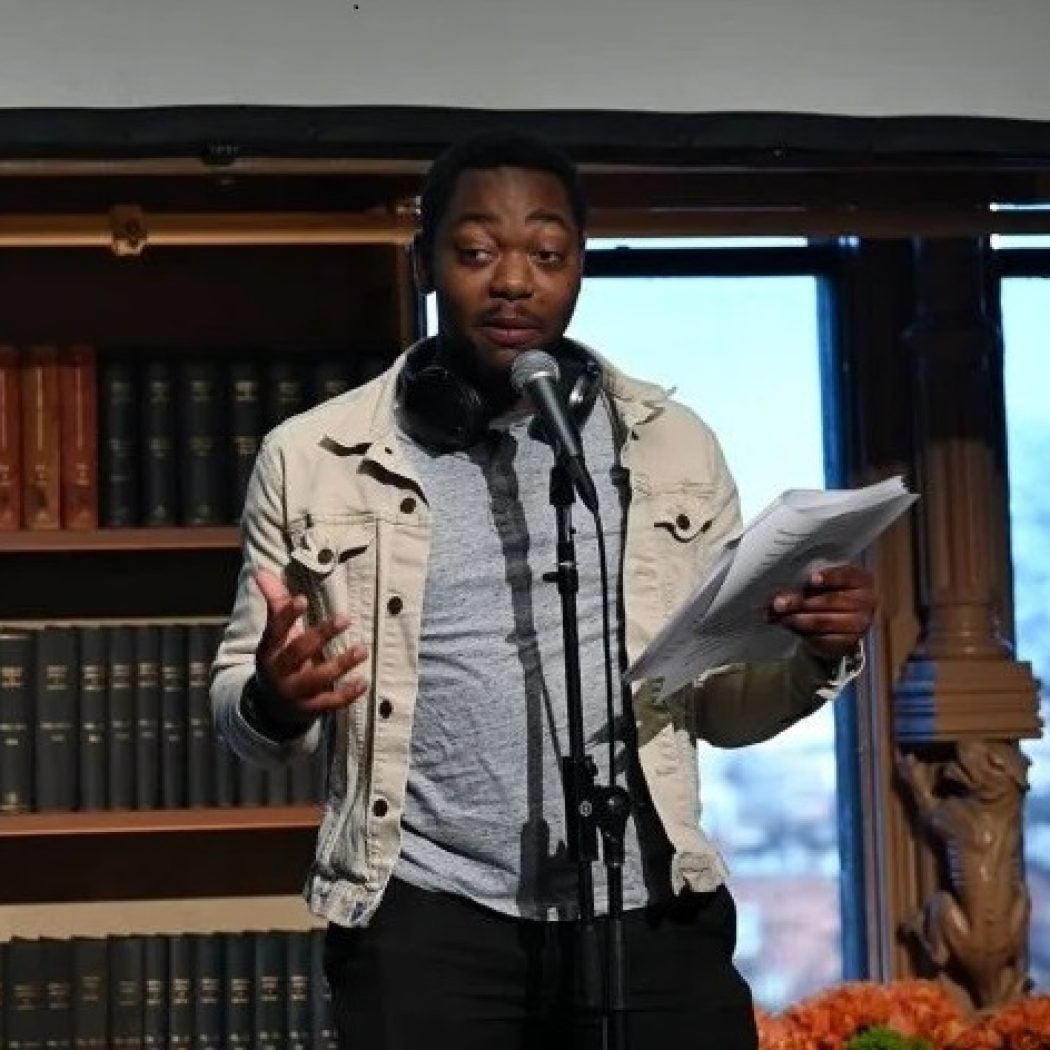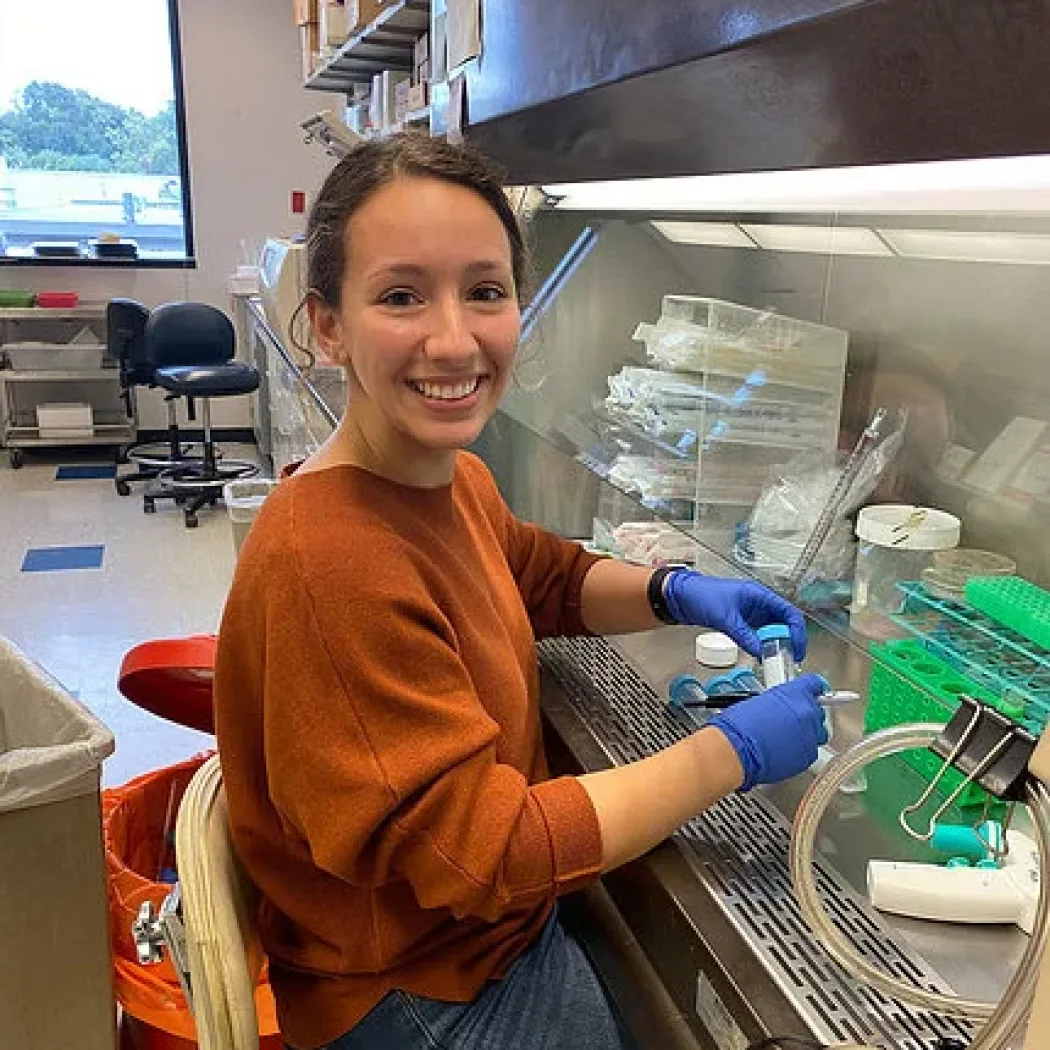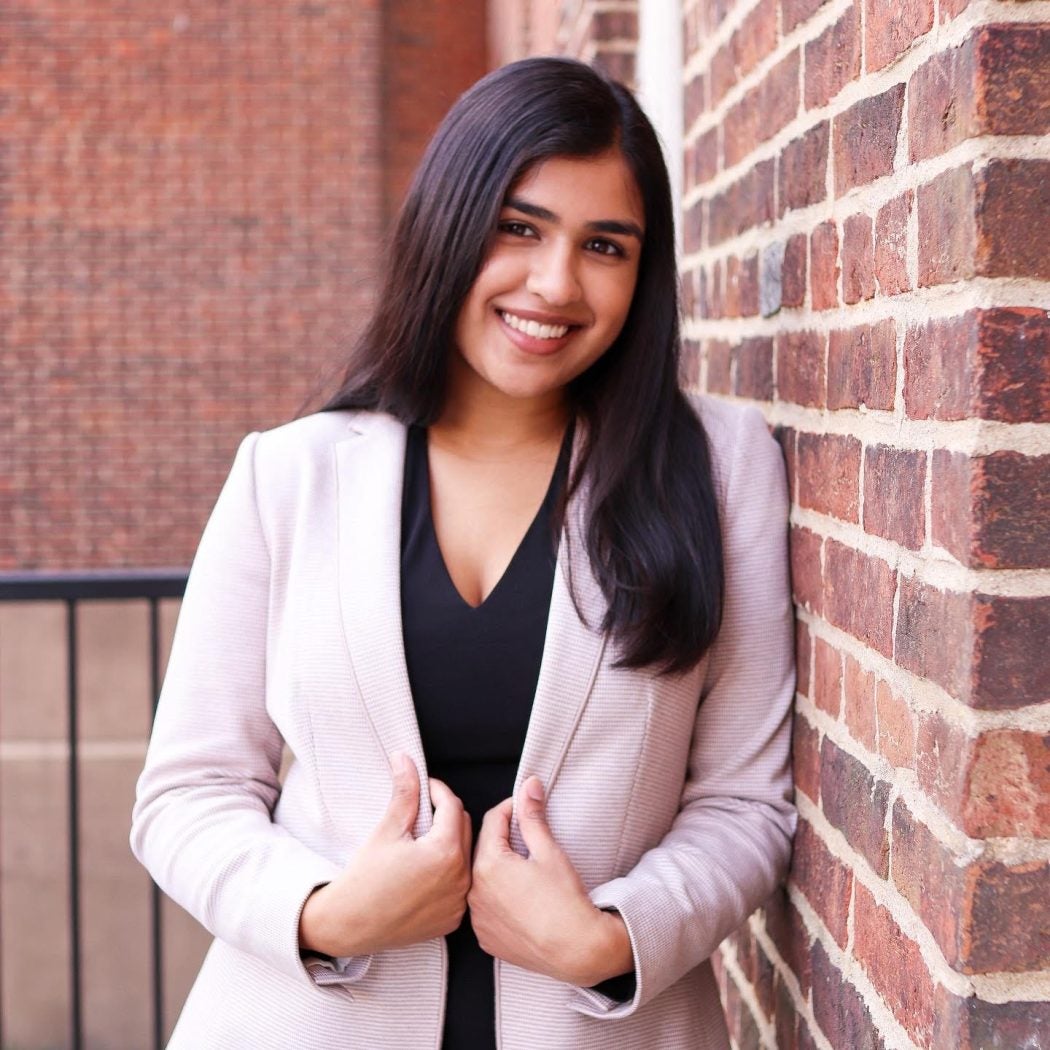Celebrating Disability Pride, Communities and Culture at Georgetown
People with disabilities belong to many diverse communities and racial and cultural backgrounds. At Georgetown, we support, educate and empower disabled community members of all backgrounds and create an environment that is welcoming, inclusive and accessible, and celebrates disabled people’s contributions to our Georgetown community.
Celebrating Disability Cultural Month
This month, Georgetown celebrates Disability Pride Month, highlighting the many and varied contributions of people with disabilities to our university community and to society at large. Learn more about how Georgetown students, faculty and staff are working to create a more inclusive and accessible community for all those at Georgetown and beyond.
Launching the Disability Cultural Center
This fall, Georgetown launched the Disability Cultural Center, an on-campus hub that celebrates disability culture, builds community and provides programming for disabled students, faculty, staff, allies and those interested in learning about disability.
Quick Links
A Testimonial
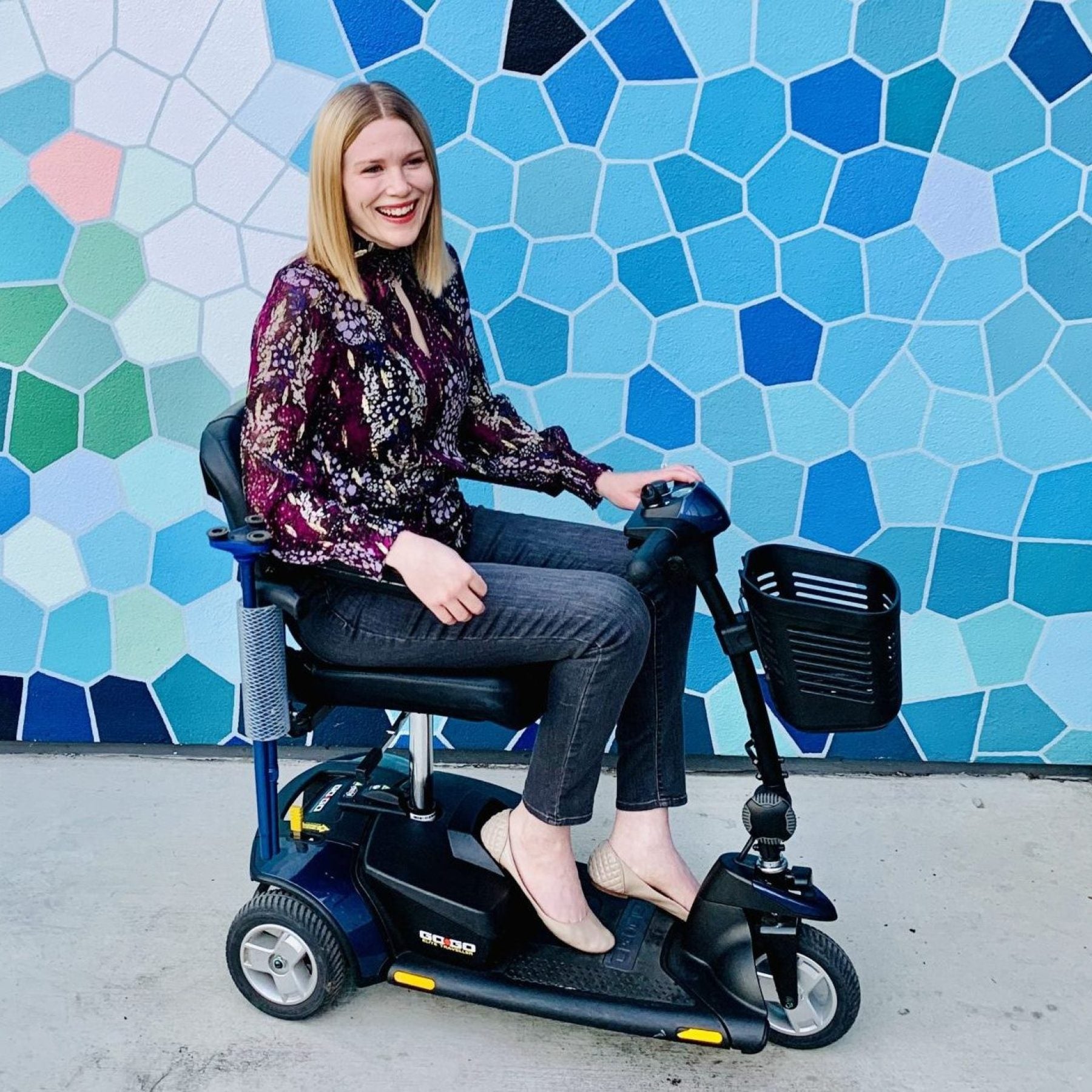
“The ultimate goal is to co-create space where disabled people (with apparent and non-apparent disabilities) can fully belong and thrive.”
Alumni Engagement
The university established the Disability Empowerment Endowment Fund through a seed gift from Tiffany Yu (B’10), founder of the company Diversability – which started as a student group at Georgetown.
Ethics Lab and Disabilities Studies Partnership
With the support of a $100,000 current-use gift from Matt (C’02, L’09) and Jenae (L’09) Ruesch, the Ethics Lab is creating a new three-week disabilities studies module to be piloted in the Introduction to Ethics course offered through Georgetown’s philosophy department.
A Testimonial
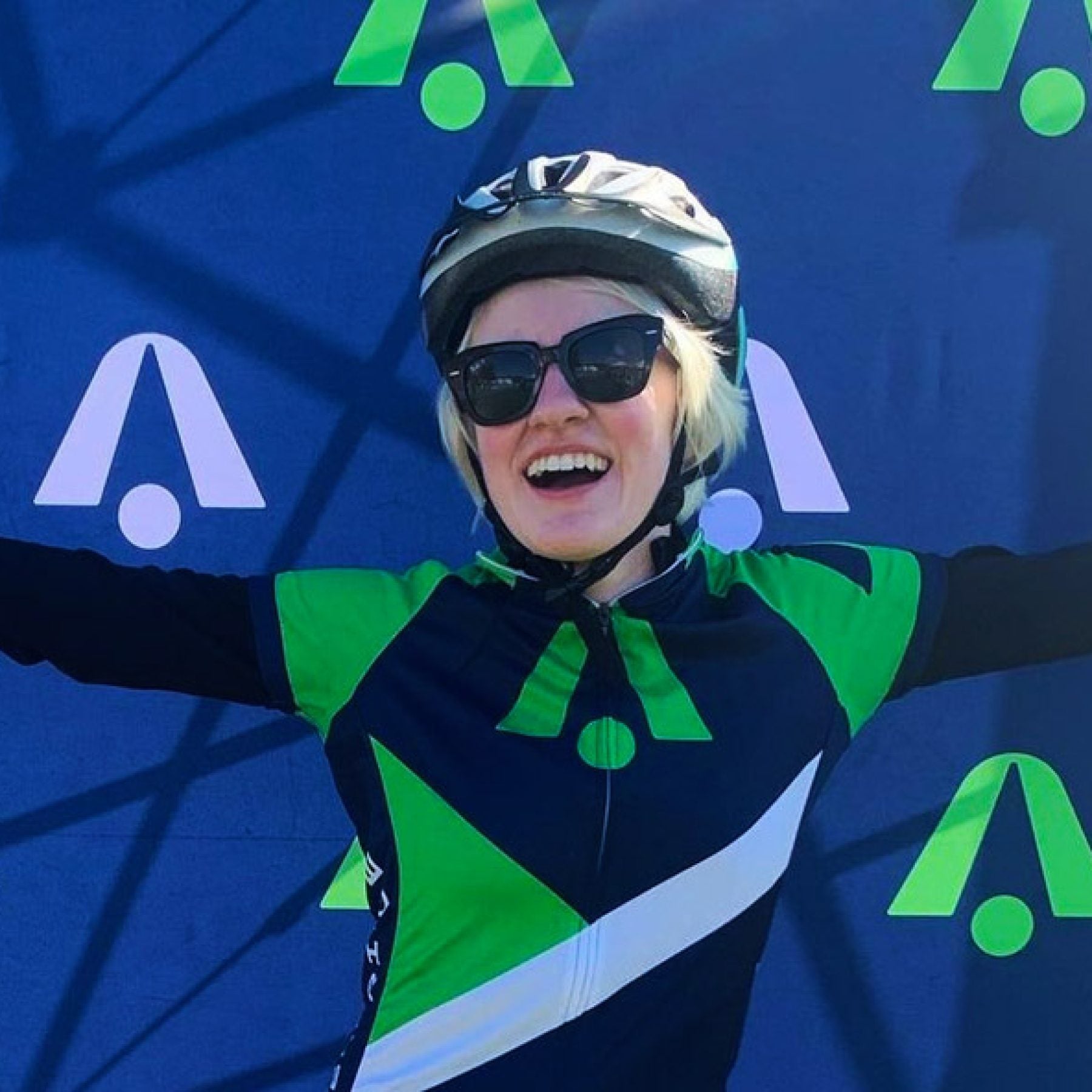
“I’ve learned so much from the disability community at Georgetown. Disability doesn’t have to be something clinical or medical; it can be a source of pride and community.“
